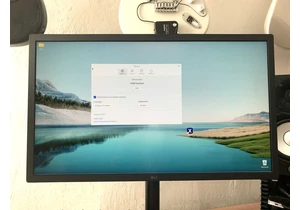The switch from Windows 3.x to Windows 95 was a big step for Microsoft and their software developers. Accordingly, Microsoft tested the compatibility of as many programs as possible when making the transition. Former Windows developer Raymond Chen described the process in detail in Microsoft’s developer blog.
As the story goes, Microsoft sent the development manager for Windows 95 to a local software store in his pickup truck, where he bought up all the available software—one physical copy of each program. He then took the fully loaded truck back to Microsoft, where he poured all the purchased software onto the tables in the cafeteria. Each member of the Windows 95 development team was then asked to test two programs for compatibility with the new Windows 95:
“The ground rules were that you had to install and run the program, use it like a normal end user, and file a bug against everything that doesn’t work right, even the minor stuff. […] In exchange for taking responsibility for ensuring that Windows 95 was compatible with your adopted programs, you got to keep them after Windows 95 shipped. If you did a good job with your two, you could come back for more.”
Chen continues:
“The cafeteria was filled with Windows 95 team members, browsing through the boxes upon boxes of software like bargain-hunters at a flea market. And there were the inevitable ‘What’d you get?’ comparisons afterwards.”
All of this has been known for some time. What’s new, however, is an incident that was a consequence of these excessive compatibility tests. As Chen writes in a far-more-recent blog entry, the software store’s cash register wasn’t prepared for this onslaught:
“I learned that in addition to stunning the store manager, this creative operation almost didn’t work: The store’s cash register crashed whenever the total exceeded $10,000. Because like, c’mon, who would buy $10,000 of stuff by just walking into a store? If you’re going to buy that much stuff, you would use a purchase order, right?”
The store owner finally solved the problem by splitting the total order into several individual orders, each one under $10,000. The cash register was then able to process them one after the other.
Incidentally, Chen himself only tested and kept one program: “I picked up only one program, an English/German automatic translator. It ran fine but produced pretty bad translations. (Not that the quality of the translations was in any way the fault of Windows!)”
Further reading: The most important Microsoft products and milestones
Connectez-vous pour ajouter un commentaire
Autres messages de ce groupe
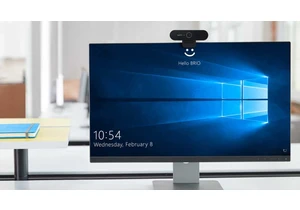
Will your laptop recognize you in the dark? Maybe. Maybe not.
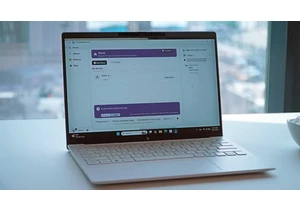
It’s been a rough month or so if you’re looking for an affordable lap
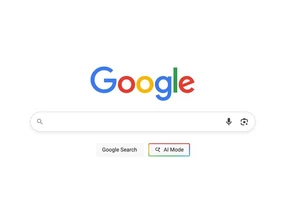
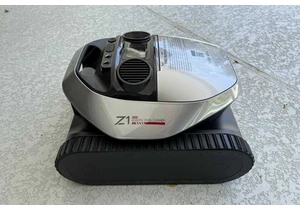
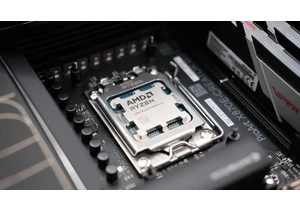
A new attack on the TPM security module inside many popular Ryzen pro
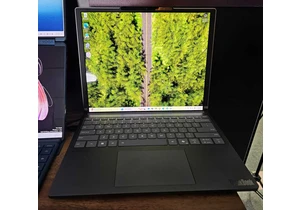
Lenovo’s groundbreaking ThinkBook Plus Gen 6 laptop, with a screen th
